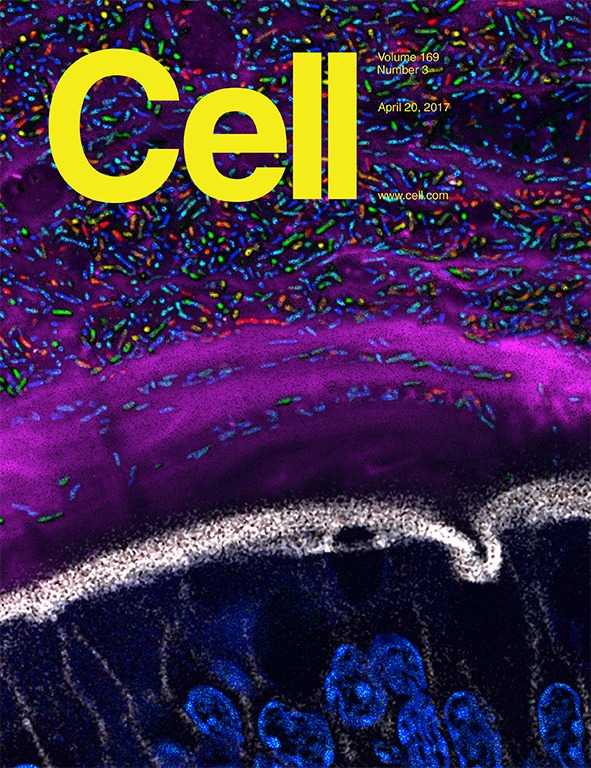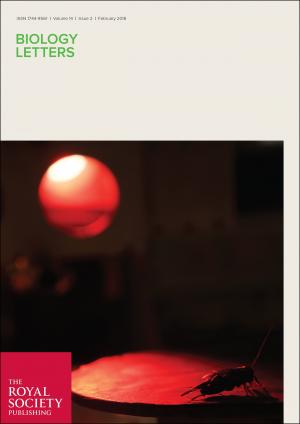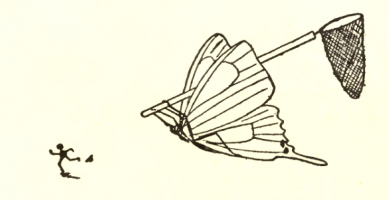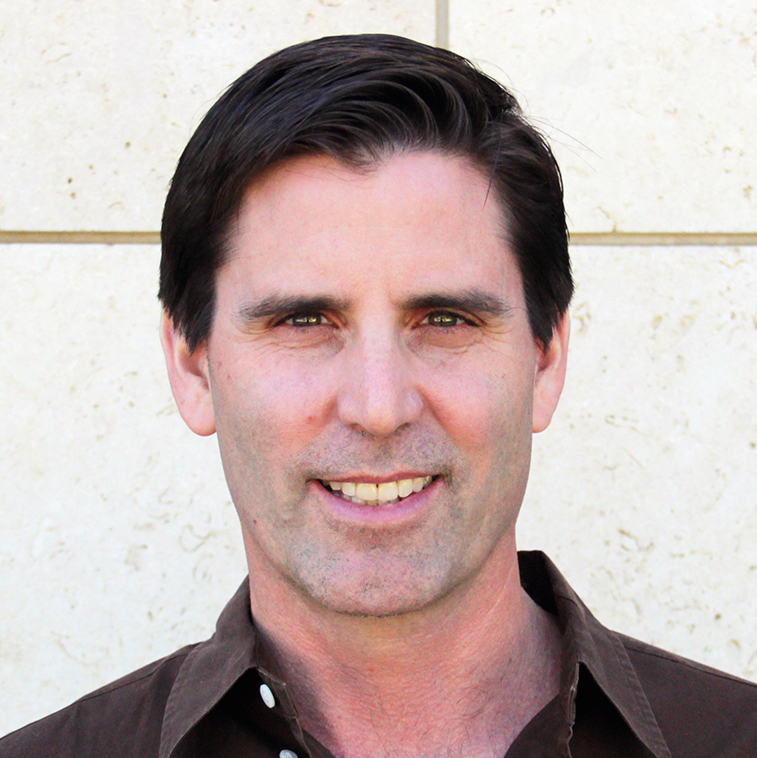
One of the most common reasons for retractions is image manipulation. When searching for evidence of it, researchers often rely on what their eyes tell them. But what if screening tools could help? Last week, researchers described a new automated tool to screen images for duplication (reported by Nature News); with help from publishing giant Elsevier, another group at Harvard Medical School is developing a different approach. We spoke with creators Mary Walsh, Chief Scientific Investigator in the Office for Professional Standards and Integrity, and Daniel Wainstock, Associate Director of Research Integrity, about how the tool works, and why — unlike the other recently described automated tool — they want to make theirs freely available.
Retraction Watch: What prompted you to develop this tool?
Continue reading New tool looks for signs of image doctoring
 When
When  A biology journal is investigating concerns about a 2014 paper by a marine biologist
A biology journal is investigating concerns about a 2014 paper by a marine biologist

 When the
When the  A chemistry journal has retracted a nanoparticle paper following heavy outcry from readers, who
A chemistry journal has retracted a nanoparticle paper following heavy outcry from readers, who 
